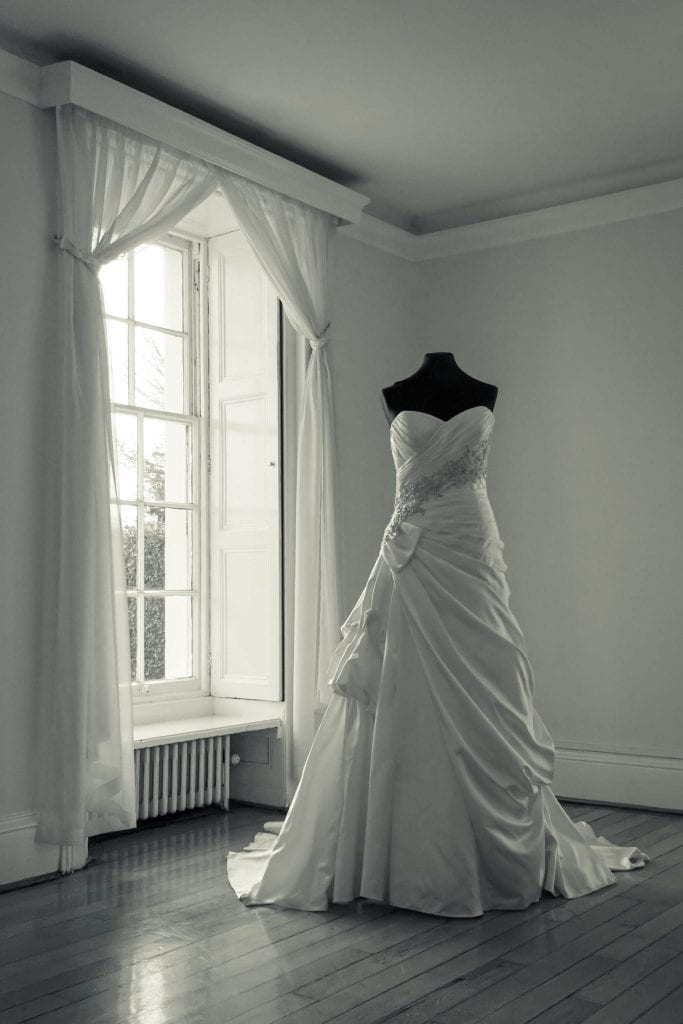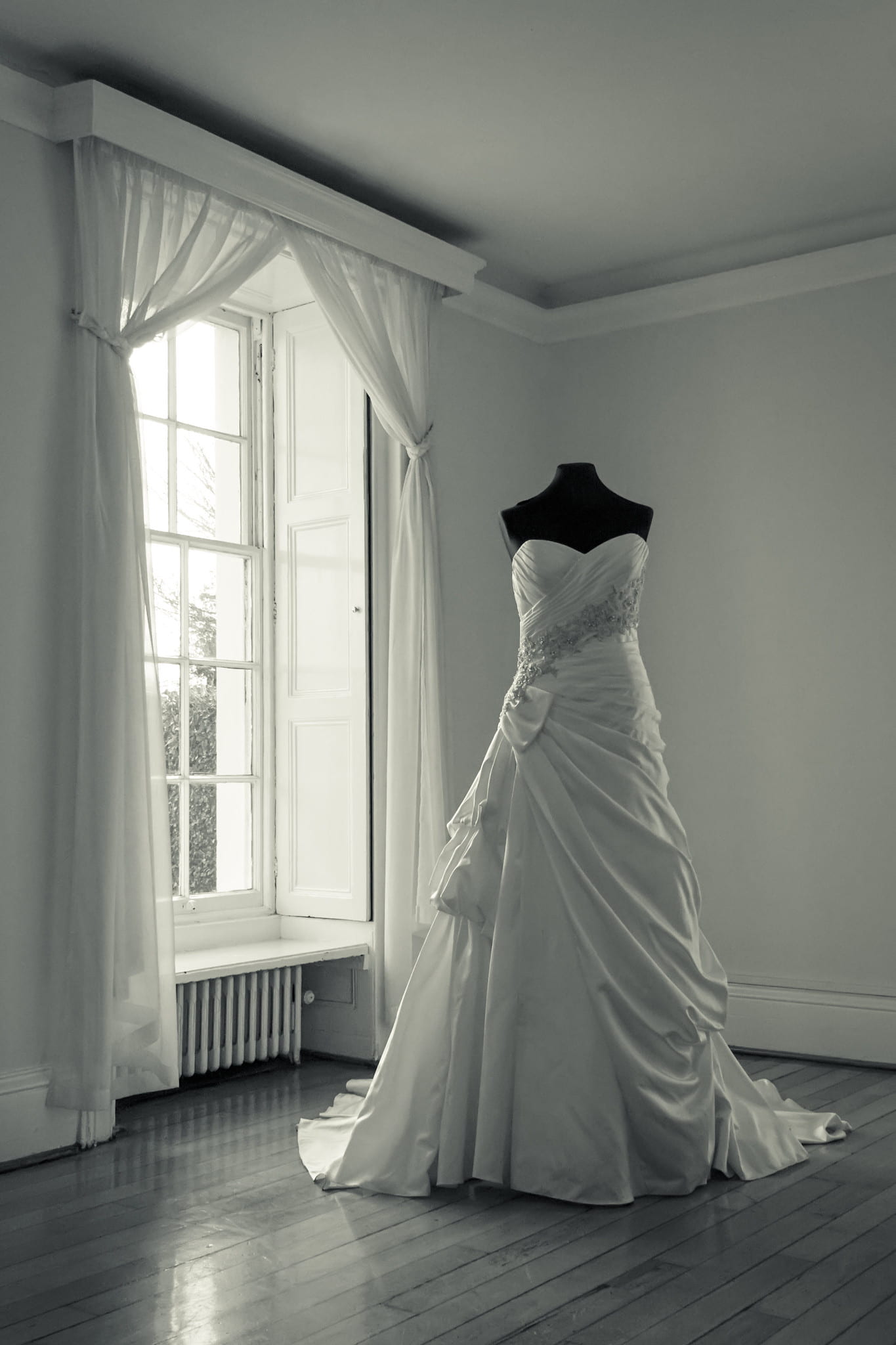by Grace Ndanu

Most people dream of choosing their life partner. Their marriage would be one of independent and happy life. This is not the reality for many young girls who become child brides. Early and/or forced marriage is most practiced in Sab-Saharan Africa; it is also common in the Maasai community. The Maasai, despite their poverty, have proudly maintained their traditional lifestyle and cultural identity without giving to the pressures of the modern world. The community is under a patriarchal leadership which denies young girls an opportunity to go to school. Education is withheld from girls because it is believed that educating a girl child is not a wise investment because the girl will marry into another family. Therefore, the father of the girl will opt to educate a boy.
Maasai girls are circumcised between 11 and 13. In time, she will marry a man chosen by her father in exchange for cattle and money. A Maasai woman will never be allowed to marry again. As a young girl, she will have her personal autonomy denied. If her husband is an old man who dies when she is still in her teens, she will become the property of one of her husbands’ brothers. She will be one of the multiple wives and will have many children, regardless of her health or ability to provide for them. She will rise early every day to complete her tasks including milking the cows, walking miles to water holes to wash clothes and get water, and gathering heavy loads of firewood to carry back home. If she is lucky, she will have a donkey to share her burden. She will live a life of few comforts, dependent on a husband and a family she did not choose. In between her burdensome chores of the day, the Maasai girl is also a beader – such intangible high skills built into her cultural knowledge and practices. Most of her struggles are shaped by circumstances and the challenges of her time including deep-seated patriarchal attitude.
There are several reasons for forced marriage among the Maasai. First, a desire to ‘eliminate’ the familial poverty. For impoverished families giving a daughter in marriage is a way to reduce expenses particularly if a son’s education and expenses are prioritized. Second, early pregnancies drive toward early marriage as it is seen as a safeguard against immoral behavior. Parents in the Maasai community marry off pregnant girls to protect their family status and name and to receive both dowry and ‘penalty’ payment from the man responsible for the pregnancy. Third, many early marriages occur out of desperation as a young girl seeks ‘refuge’ from neglect or orphanhood. Some girls are taken advantaged by older men who give them false promises of a better life. Girls face a lot of problems and challenges if/when she does not meet the expectations, thus creating a journey towards poverty and gender-based violence begins.
The struggle to end the practice of early marriage in Kenya, particularly among the Maasai, has slowly progressed. There are NGOs that have come seeking to eradicate early child marriages. They work together with the government to help the young girls get out of the retrogressive cultural practices by empowering the girls and enlightening the parents on matters about the education of their girls. The NGOs try to educate the girl child on her rights.
By understanding her personal rights, the goal is self-confidence and independence, and a willingness to advocate and fight for herself and for others. She will be able to choose whom to marry and when to marry. She will have fewer children. They will be healthier and better educated than the previous generation. She will not circumcise her daughters. She will have economic security. Education will enable the girl to help and support her parents, and she will never forget where she came from. Education is the key to success; it is the key to freedom.

